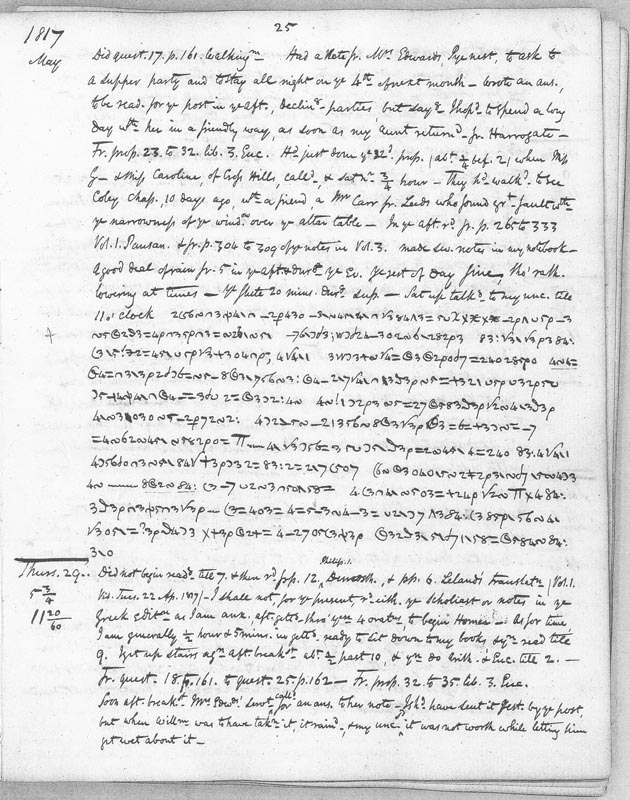

Many others were by that time donating all or part of their time. COI’s first payroll on August 18 listed 13 employees. When COI was formed it had been estimated that it would need only 92 people to fulfill Donovan’s obligations under the President’s order. Actually, through COI and its successor, the Office of Strategic Services (OSS), the United States was beginning its first organized venture into the fields of espionage, propaganda, subversion and related activities under the aegis of a centralized intelligence agency. When the Office of Coordinator of Information (COI) was established on July 11, 1941, it was announced to the public as an agency for the collection and analysis of information and data. On July 11, therefore, Donovan received executive authorization to proceed with the implementation of his ideas, subject to the approval of the President and the exigencies of the general situation. Words like “military,” “strategic,” “intelligence,” “enemy,” “warfare,” and “psychological,” which had figured basically in Donovan’s memorandum of June 10 on the need for an intelligence agency, were carefully avoided both in the order and in the White House announcement which accompanied it. Both Donovan and the President had agreed that it was “advisable to have no directive in writing” for specific functions. The order of July 11 was not a definitive charter for COI. Donovan is hereby designated as Coordinator of Information. Within the limits of such funds as may be allocated to the Coordinator of Information by the President, the Coordinator may employ necessary personnel and make provision for the necessary supplies, facilities, and services.Ħ. Nothing in the duties and responsibilities of the Coordinator of Information shall in any way interfere with or impair the duties and responsibilities of the regular military and naval advisers of the President as Commander in Chief of the Army and Navy.ĥ. The Coordinator of Information may appoint such committees, consisting of appropriate representatives of the various departments and agencies of the Government, as he may deem necessary to assist him in the performance of his functions.Ĥ. The several departments and agencies of the government shall make available to the Coordinator of Information all and any such information and data relating to national security as the Coordinator, with the approval of the President, may from time to time request.ģ. There is hereby established the position of Coordinator of Information, with authority to collect and analyze all information and data, which may bear upon national security to correlate such information and data, and to make such information and data available to the President and to such departments and officials of the Government as the President may determine and to carry out, when requested by the President, such supplementary activities as may facilitate the securing of information important for national security not now available to the Government.Ģ. “By virtue of the authority vested in me as President of the United States and as Commander in Chief of the Army and Navy of the United States, it is ordered as follows:ġ. To all of these conditions the President agreed. Aside from the general authorization to collect and analyze information and data, the order of Jmerely stated that the Coordinator should “carry out, when requested by the President, such supplementary activities as may facilitate the securing of information.” Donovan asked for three guarantees: That he should report directly to the President that the President’s secret funds would be made available for some of the work of COI and that all departments of the Government be instructed to give him such materials as he might need. It deleted the previous reference to the Army in appointing Donovan as Coordinator. Roosevelt’s position as President, as well as Commander-in-Chief, and expressly reserved the duties of his military and naval advisers.

The new order (was not designated as either a military or an executive order it referred to Franklin D.

Therefore, it was decided to establish COI (Office of Coordinator of Information) as a part of the Executive Office of the President. It met particularly vigorous opposition from the Army and Navy on the ground that the new agency might usurp some of their functions. The June 25 draft was circulated among State, War and Navy Departments at Donovan’s request. This order was designed to be issued by the President in his capacity as Commander-in-Chief of the armed forces and its entire tone was military in nature. Donovan and the Establishment of the Office of the Coordinator of Information, July 1940-July 1941). Donovan’s wished-for intelligence agency as the Office of Coordinator of Strategic Information (for background see: William J. On June 25, 1941, an order was drafted which would establish William J. Greg Bradsher, Senior Archivist at the National Archives at College Park, MD.


 0 kommentar(er)
0 kommentar(er)
